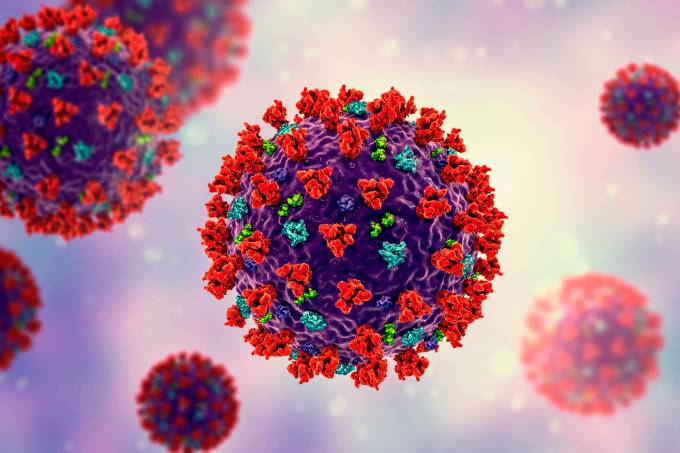Protocol Detail


CROUP
Croup, also known as laryngotracheobronchitis, is a type of respiratory infection that is usually caused by a virus. The infection leads to swelling inside the trachea, which interferes with normal breathing and produces the classic symptoms of "barking" cough, stridor, and a hoarse voice.
Diagnosis
Usually easily recognizable triad of:
· Barking cough,
· Stridor &
· Hoarse voice.
Need to differentiate from epiglottitis, trancheitis & inhaled foreign body.
The most common cause of upper airways obstruction in 6 months – 3 years of age.
Look for accessory muscle use, trancheal tug/intercostals retraction & hypoxia.
Do not distress the child any further by trying to force a look at the back of their mouth.
Can progress rapidly & usually deteriorate in the middle of the night on the 2nd – 3rd days of the
illness.
Be VERY wary diagnosing croup in a child of less than 3/12 age- in this instance be highly
suspicious of congenital structural abnormalities.
Biphasic stridor should also alert you to fixed airway stenosis (e.g. vocal cord paralysisi or
subglottic stenosis) rather than croup (which has a “monophasic” inspiratory stridor). Bisphasic
stridor needs urgent investigation in hospital.
Management
Be calm
Nurse child on parents lap.
Assess severity interms of stridor, cyanosis, oxygen saturation and intercoastal recessions.
1. Mild:
· Probably no treatment required,
· Usually receive a single dose of Prednisolone 1 mg/kg.
2. Moderate:
· Paracetamol prn,
· High flow as indicated
· Budesonide 2 mg nebulizer (provide eye protection) may reduce the need for oral
steroid in children with recurrent croup (usually “Spasmodic” croup) requiring
frequent cources of steroids,
· Dexamethazone 0.15 mg/kg orally or Predmisolone 1-2 mg/kg,
· Consider nebuliserd Pulmicort or Adrenaline (see below),
· Observe & admit if doesn’t settle down or symptoms return within 4 hours.
3. Severe:
· Inform medical officer immediately & have them in attendance,
· Intubation may be necessary & may be very difficult,
· High flow ,
· Nebulised Adrenaline 1:1000 0.5 mLs/kg up to 5ml (Onset often within minutes
but be aware for rebound symptoms mins. Afterwards),
· Budesonide 2 mg nebulizer,
· IM/IV Dexamethazone 0.6mg/kg
· Prednisolone 2 mg/kg PO,
· Intubate at first signs of lethargy, agitation, increasing respiratory difficulty, or
deteriorating observations,
Admit. Consider referral to paediatric unit









